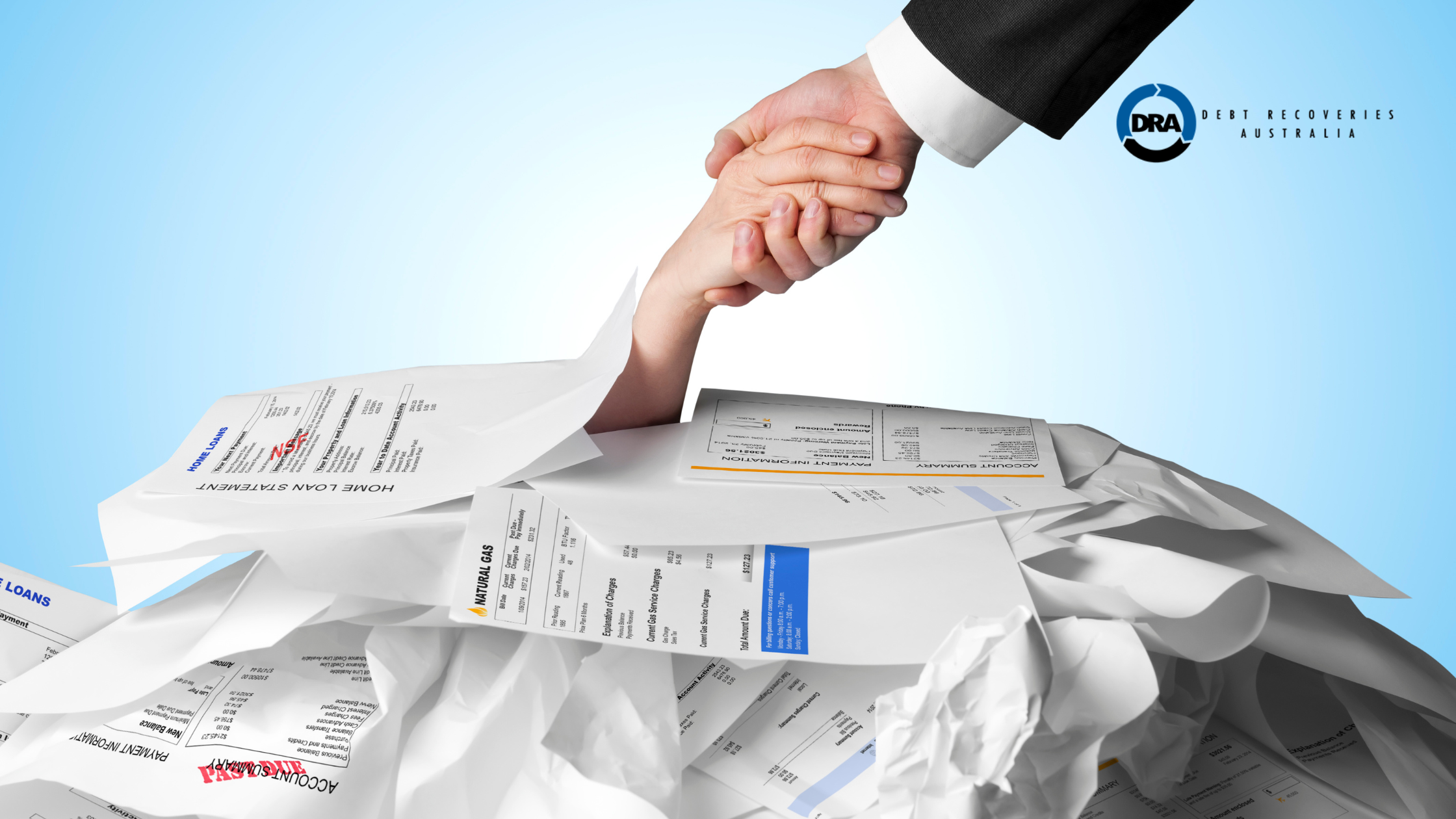7 Basic Debt Collection Tips from a Debt Recovery Company
Indeed the best credit manager may require the assistance of a skilled debt collector at some point. Furthermore, any business or company that provides credit will require the services of a good debt collection agency, especially with a recession around the corner.
Until you get there, you might want to try your hand at debt collection yourself. You’ll need some pointers if you do. We have learned seven basic debt collection tips over the years, and they’ll get you quick payment and get your cash flow back on track. So here is a list of fundamental debt collection strategies:
1. Invoices should be subject to a late fee.
This is more of a preventative measure, but it’s our golden rule and what we tell all of our clients to do. Inform your customer that any late payment will result in interest and/or a recovery fee. This will discourage them from being late in the first place, and it will send a clear message to your customers that you have strict credit policies in place.
2. Take drastic action.
Debt collection should begin on the day the payment is due. Someone in your company should contact the customer and request payment on the last day of your credit terms to determine why the account has not been paid. Don’t put off starting your collection effort. The longer an account goes unpaid, the less likely it is that you will be able to collect the debt. The longer you wait to outsource to an agency, the lower our recovery rate becomes.
3. Maintain a firm but friendly demeanour.
It may seem obvious, but honey attracts more flies than vinegar, and this is especially true in debt collection. Take the debtor’s side and figure out how you can collaborate with them rather than against them. You can be both assertive and friendly.
4. Keep trying.
Most debt collectors overlook this basic debt collection tip. One phone call or e-mail will not get you paid; you must be friendly while remaining persistent. Be aware of the ACCC’s guidelines for the amount of contact you can have with your debtor and try to follow up as frequently as possible within these guidelines. Set up a system to send out automated e-mails, phone calls, or short messaging service (SMS) on a regular basis. Consider using software such as Debtor Daddy or Chaser.
5. Make preparations yourself.
Knowledge, as they say, is power. Before making your decision, learn as much as you can about the possible reasons for the non-payment. Before you pick up the phone, consider possible excuses from the debtor and prepare your response. Make a list of what you want to say so you don’t forget anything important.
6. Pick up the phone.
Letters, emails, SMS, and other forms of communication are useful in debt collection, the majority of collection efforts should be conducted by phone. Let’s face it: you’ve already sent your invoice via email and it’s been ignored, so don’t do it again. Make a phone call. Establish a dedicated accounts receivable person who can make these calls on a weekly basis.
7. Take note.
Have you finished requesting payment? Stop speaking and wait for a response. Allow your customer the opportunity to explain. Collaborate with them to reach a win-win situation. You will be far better prepared to work with the debtor until payment is received once you understand the reasons for non-payment.
Do you want to learn more about how Debt Recoveries Australia can assist you with your debt collection issues? Please contact us at email@debtrecoveries.com.au or 1300 799 511. You can also contact us via Skype at debtrecoveries.
 Debt Recoveries Australia
Debt Recoveries Australia